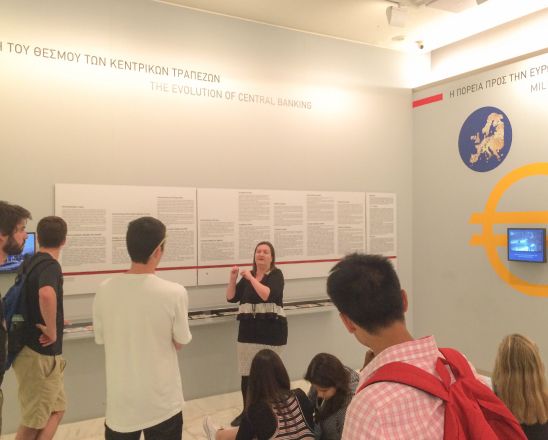
The European Union: Challenges and Strategic Choices
With 27 member states and nearly half a billion residents, the European Union has grown into a major political and economic actor on the world stage. It has promoted peace in Europe for almost seven decades, changed the way Europeans live, as well as the way the rest of the world perceives Europe. The EU has been considered a paradigm of a successful “peace project” that promoted stability, prosperity and successful cooperation between erstwhile feuding nations. The fact that the Union had grown from its original 6 members to 27 served as undeniable proof of the appeal and attractiveness of the EU for most countries on the European continent.
The past few years have changed this idyllic picture of the European Union, and the EU has faced repeated and sustained challenges, both internal and external. The eurozone crisis, Brexit, the refugee crisis, the rise of eurosceptism, populism and extremism in Europe, the fear of terrorism, the ongoing war in Ukraine and the uncertainty surrounding escalating violence in the Middle East have all created an increasingly volatile and insecure environment which the European Union must navigate. Its inability to speak with a single voice and act as a united entity in the face of these new and ongoing conflicts is also challenging its role as an important strategic actor on the world stage. Will the European Union become less important, less cohesive, and less relevant?



